With his Senate confirmation hearing now underway, Brent Bozell III, US ambassador-designate to South Africa outlined a sharp foreign-policy agenda: he urged the Pretoria government to abandon what he termed “geostrategic drift” toward Beijing, Moscow and Tehran and to end what he described as the campaign of “white genocide” in South Africa.
Bozell’s statement signal a distinct shift in Washington’s posture toward one of Africa’s most strategic partners. He pledged to press South Africa to reconsider its increasingly deep ties with China, the country’s largest trading partner and to withdraw its genocide lawsuit against Israel at the International Court of Justice (ICJ).
A rebalance of diplomatic priorities
If confirmed, Bozell told senators he would treat his ambassadorship as a moment to “communicate our objections to South Africa’s geostrategic drift from non-alignment toward our competitors, including Russia, China and Iran.”
He further accused Pretoria of embracing policies that “make common ground… harder to find” with the United States.
On the land and race front, relations between Washington and Pretoria have grown increasingly tense. The US has accused South Africa of racial discrimination against Afrikaners and of facilitating a narrative of “white genocide”, a claim that South Africa’s government disputes. Bozell’s agenda makes clear that these issues will be central to his mission.
Why now and why South Africa matters
South Africa occupies a pivotal place in Washington’s strategic thinking. Located at the southern tip of Africa, it serves as a gateway for US interests in the continent and hosts some of the largest US investment and trade relationships in Africa. But its deepening partnership with China including infrastructure, mining and technology deals has become a concern in Washington. Bozell’s comments draw directly from that anxiety.
Among his early targets is Pretoria’s legal action against Israel. At the ICJ, South Africa has accused Israel of genocide in Gaza, a case the US views as “lawfare” and politically charged. Bozell says he will press South Africa to withdraw the case and align more closely with US and Israeli interests.
Risks and red lines
The tone of Bozell’s remarks suggests a hard-line approach; however, navigating South Africa’s domestic politics won’t be easy. Land reform, racial equity and economic growth remain deeply sensitive. Should the US push too aggressively on the “white genocide” narrative, it risks reinforcing Pretoria’s resistance and fuelling nationalist backlash. Moreover, South Africa’s foreign policy has long been grounded in a non-aligned posture and deeper ties with the Global South and BRICS partners.
What this signals for US–Africa policy
Bozell’s nomination comes at a time when the US is re-examining its relations with key African players. The message is clear: US engagement will no longer be just about trade and development, but also geopolitical allegiance and ideological alignment. South Africa’s response could offer a preview of American diplomacy toward the continent in a multipolar era.
In short, this is more than a routine ambassadorial appointment. It represents a strategic chess-move, one that frames Pretoria’s foreign and domestic policy choices as part of a broader contest between the US and its rivals.


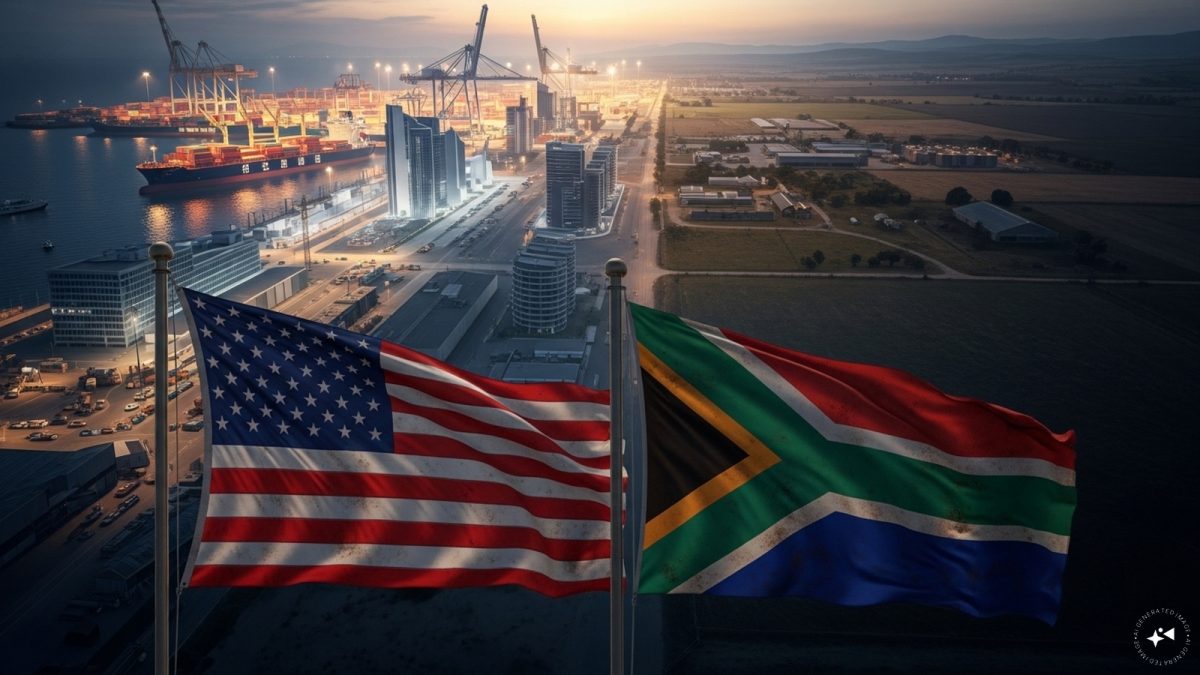)

)
)
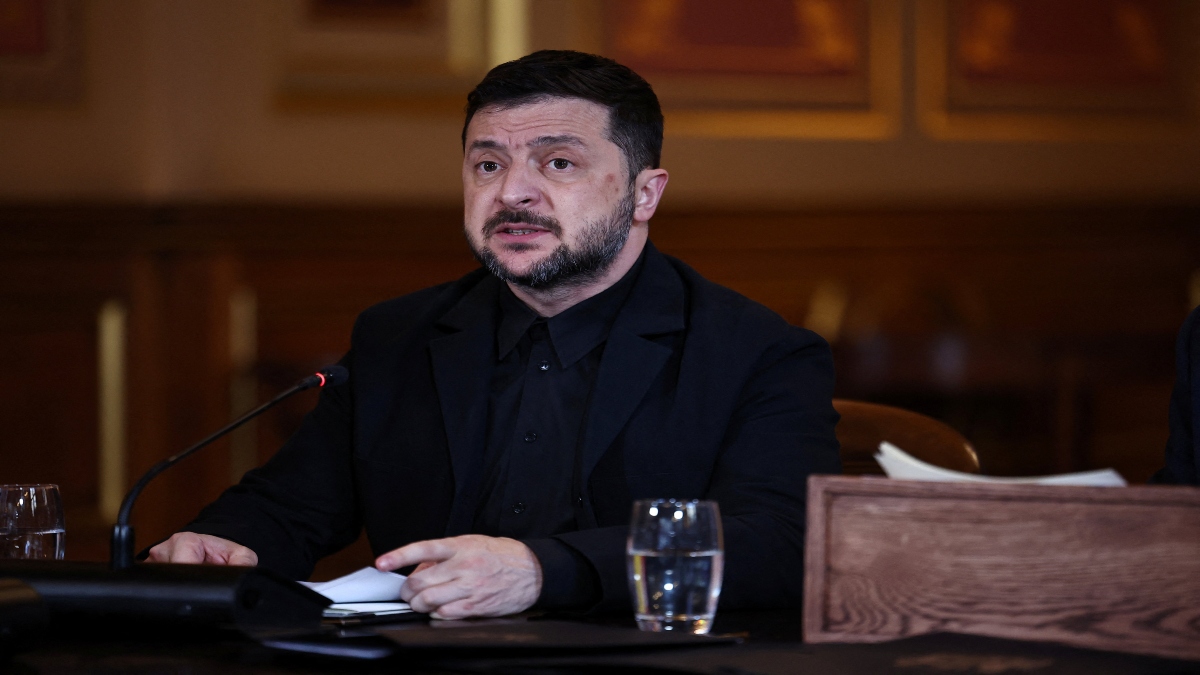)
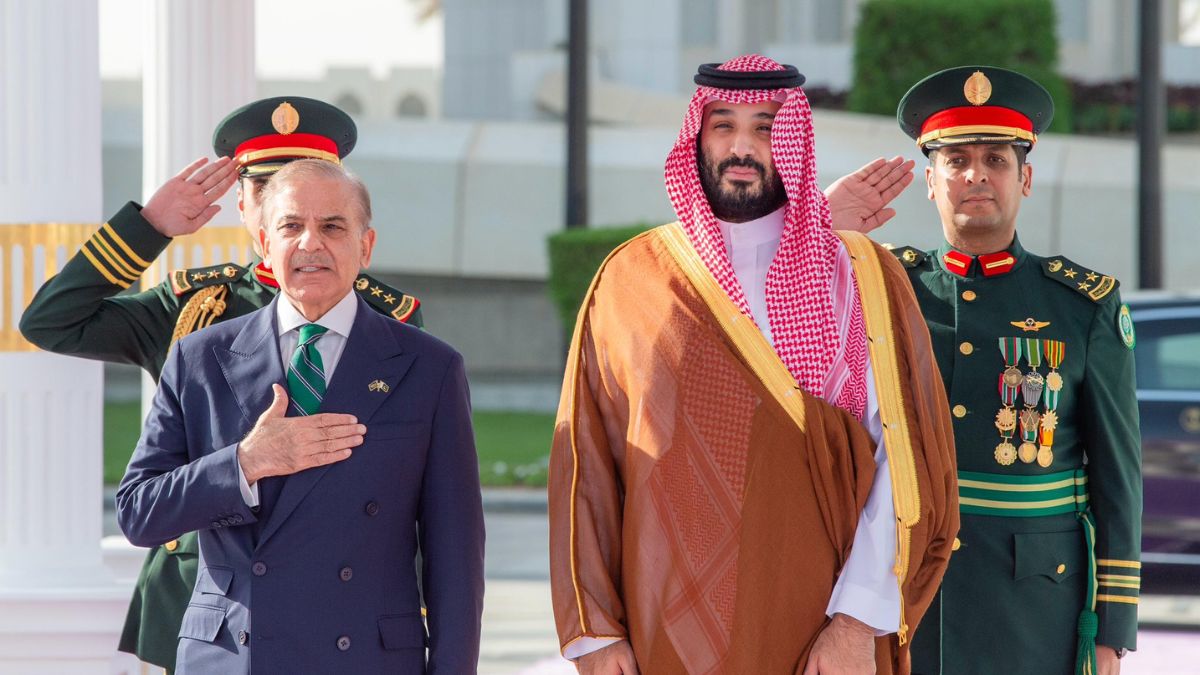)
)
)
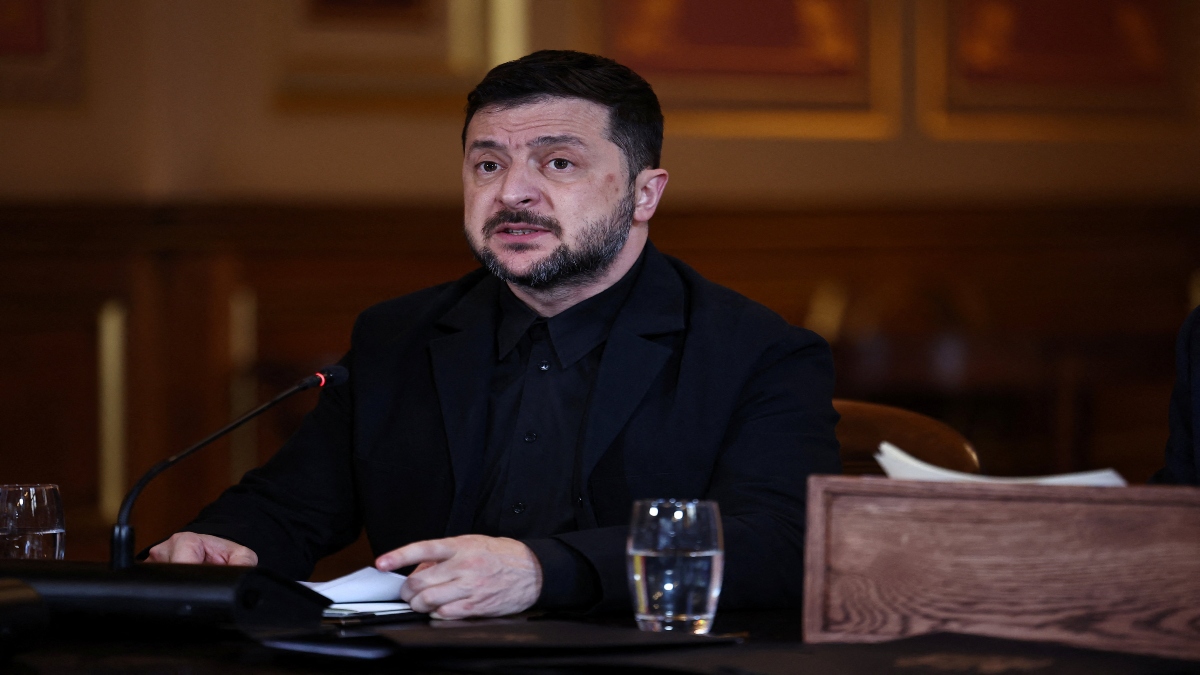)
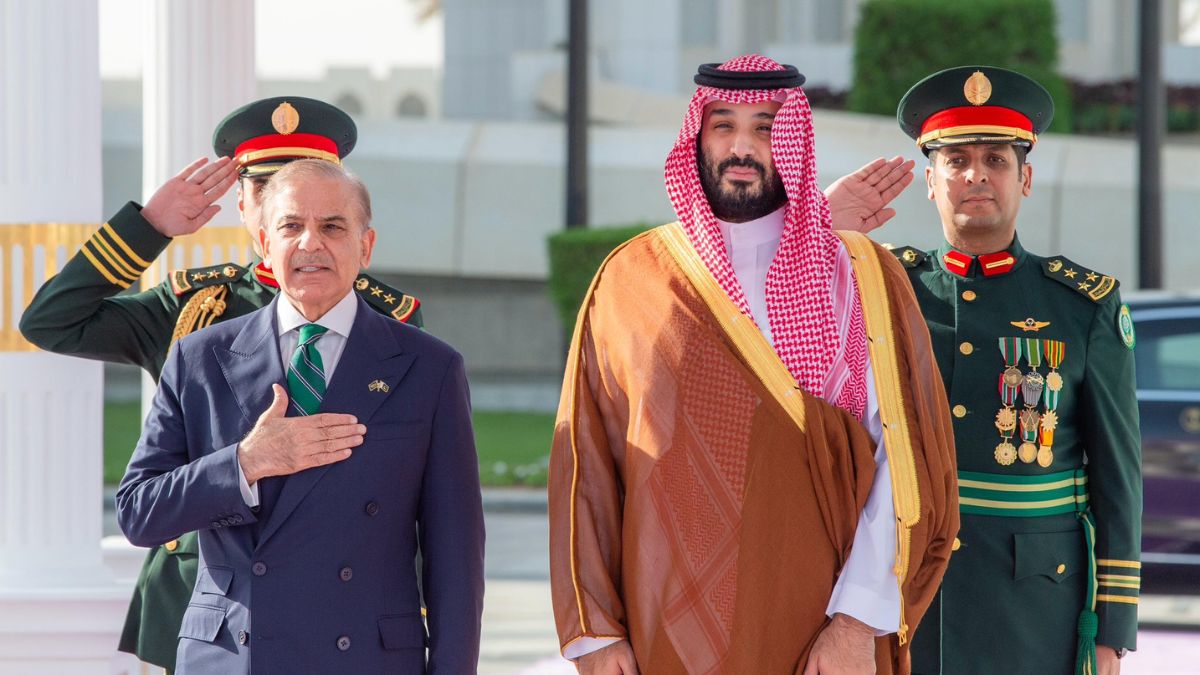)



